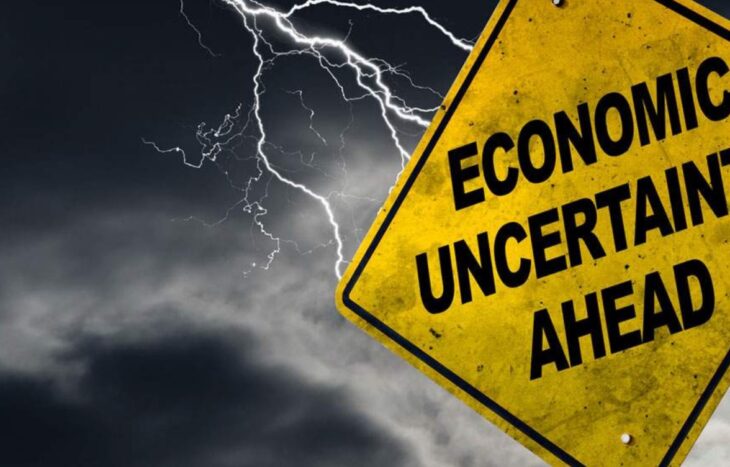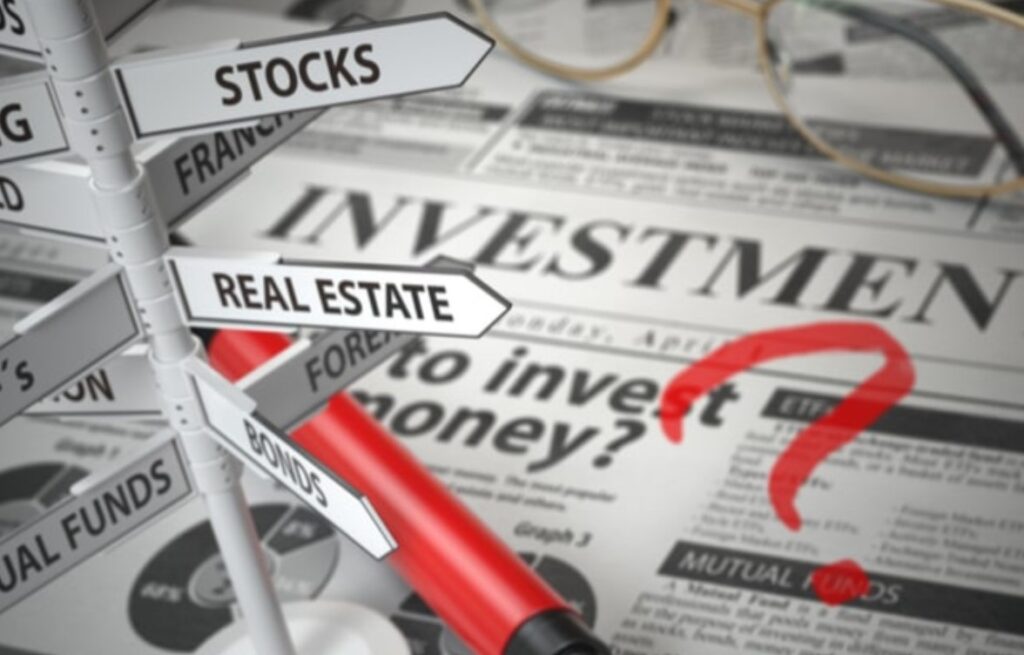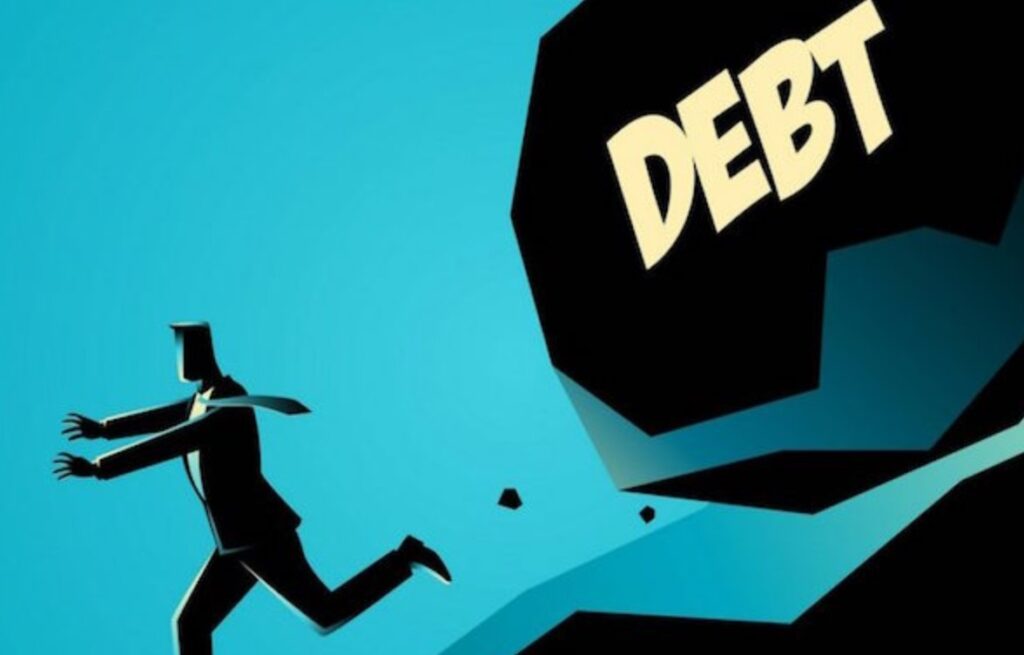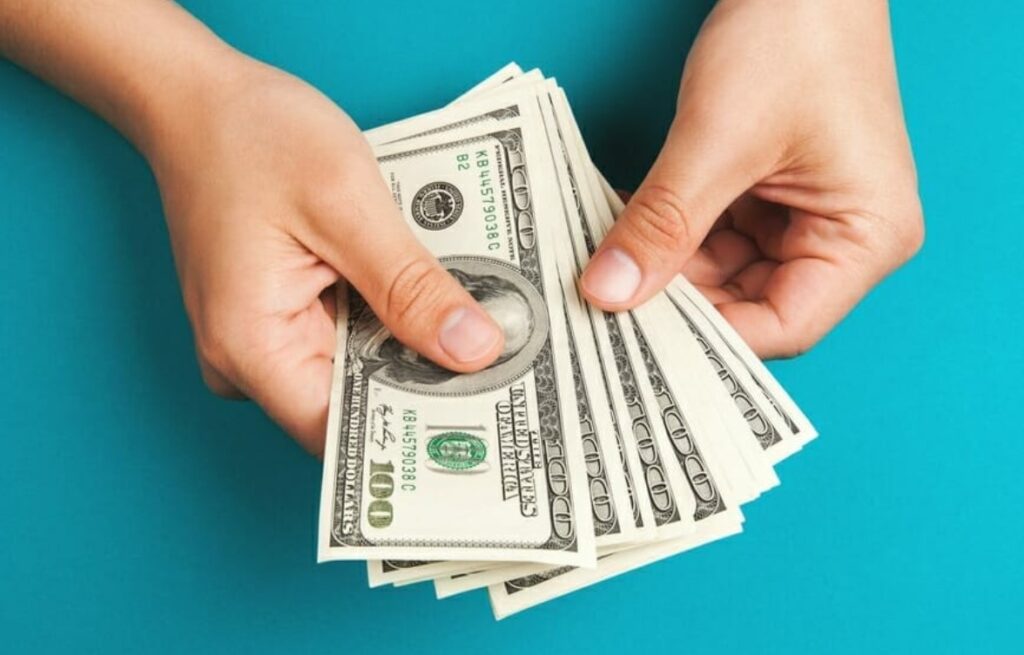
Hold off on Investing: 4 Financial Tips to Get Through Uncertain Economic Times
The entire world is experiencing economic hardship like never before. While many countries have experienced economic crashes, including the United States, we’ve never seen a worldwide financial crisis like we’re experiencing right now. Thanks to the COVID-19 pandemic, the entire world’s economy has been shut down to varying degrees.
These shutdowns have had a catastrophic effect on everyone from individuals and small businesses to large corporations. Many people, from top conglomerates to regular working individuals, have been drastically affected financially. Investors are wary, and for good reason. Financial investments have become uncertain in an unprecedented way. Nobody knows for sure what’s going to happen next. Will the world go into a global recession? Drop into a depression? Or completely collapse?
Property investors are wondering, is it safe to take out a loan? Will the housing market crash like it did in 2008 and cut off the rental income needed to pay my mortgages? Meanwhile, homeowners and renters are wondering if they will still be able to pay their mortgages and rent next month.
With all the uncertainty, relatively safe investments are now risky. Risky investments have become riskier. If you’re an investor, consider pausing your usual investment strategy during these uncertain economic times.
1. Take this uncertain time to save, save, save

Instead of looking for ways to spend your money on uncertain investments, take this time to drill down on your budgeting and save as much money as possible. If you don’t like budgeting by hand, use the AI-powered app MeetCleo.com to get personalized recommendations for how to spend your money.
While some investors believe we’re going to recover quickly from the economic shutdowns caused by COVID-19, others aren’t so sure. In fact, high-ranking officials have been selling off stocks in major corporations, and you have to wonder what they know.
Investing always carries risk, but this time, the risk is far greater. Millions of people are out of work, and the high unemployment rate is already affecting investors.
For example, many real estate investors have beautiful properties that are rising in value, but they can’t find tenants who can afford the rent. Without rental income, they can’t pay the mortgage or property taxes. It will only be a matter of time before these properties go into foreclosure.
The coronavirus crisis is not the same as the 2008 crash
Normally, when the economy is showing signs of slowing down, most investments wouldn’t be anything to be concerned about. If you can hang onto your investment long enough, things will turn around For example, even during the 2008 economic crash, many real estate investors held onto their properties and rode out the storm.
However, the current economic situation is different because it’s affecting millions of people, including people who don’t even own a home. People are jobless, homeless, and job openings are scarce. The effects of the current economic crisis appear as if they’ll last much longer.
Just for now, save the money you would have put into investments and wait for some clarity around the economy. There will always be more investment opportunities around the corner.
2. Avoid personal debt during the pandemic

Avoiding debt is critical in these uncertain times. Even if you have an income right now, there’s no guarantee you’ll have that income next week.
Unless you need money to survive, don’t take out any loans during the pandemic. Make it your goal to maximize the money you save and minimize what you spend.
Rework any existing debt payments you’re making as well. You don’t need to cut your payments down to the minimum payment if you have the income to pay more, but if your debt is large and you’re paying hundreds or thousands each month just because you can, cut your payments down temporarily and save the rest of that money. If you have income today, you may not have income next month.
3. Look for ways to increase your income

Rather than putting money into uncertain investments, look for ways to increase your income. Get a side job, even part-time if possible. This might sound backward at first. The whole purpose of investing is to avoid having to trade time for money.
While investing is normally the smarter strategy for generating income, we’re not in Kansas anymore. We’re in uncharted territory, and nobody knows what will happen to the world’s economy. Working a part-time job to save money now could give you the financial resources you’ll need when or if the economy does collapse.
Another way to increase your income is to find ways to sell your products and services online. If you can produce content for YouTube, you could monetize your channel to generate ad revenue once you get enough subscribers.
4. Don’t ignore what the wealthiest investors are doing

Keep an eye on what the wealthiest investors are doing. When investors offload stock in major corporations, take note. There could be something more than panic steering their decisions. A successful investor would never dump stock without a good reason or on a whim, like a rumor.
If you must invest now, invest in gold and silver
If you don’t like the idea of sitting on your money, gold and silver are always safe investments regardless of the economy. In fact, investing in gold and silver is the smartest move you can make during uncertain times.
Gold and silver are both used in major industries that power the world. They will always have value regardless of what kind of crisis the world’s financial system is experiencing. Even if the economy crashes completely, you’ll still be able to use gold and silver to pay for goods and services and/or barter with your community.

When in doubt wait it out
We’re all in the same position during these trying times. Nobody knows when the economy will recover and return to what we can call “normal.” To avoid losing everything you’ve worked hard for, consider pausing your usual investing strategies until the economy clearly begins to stabilize.